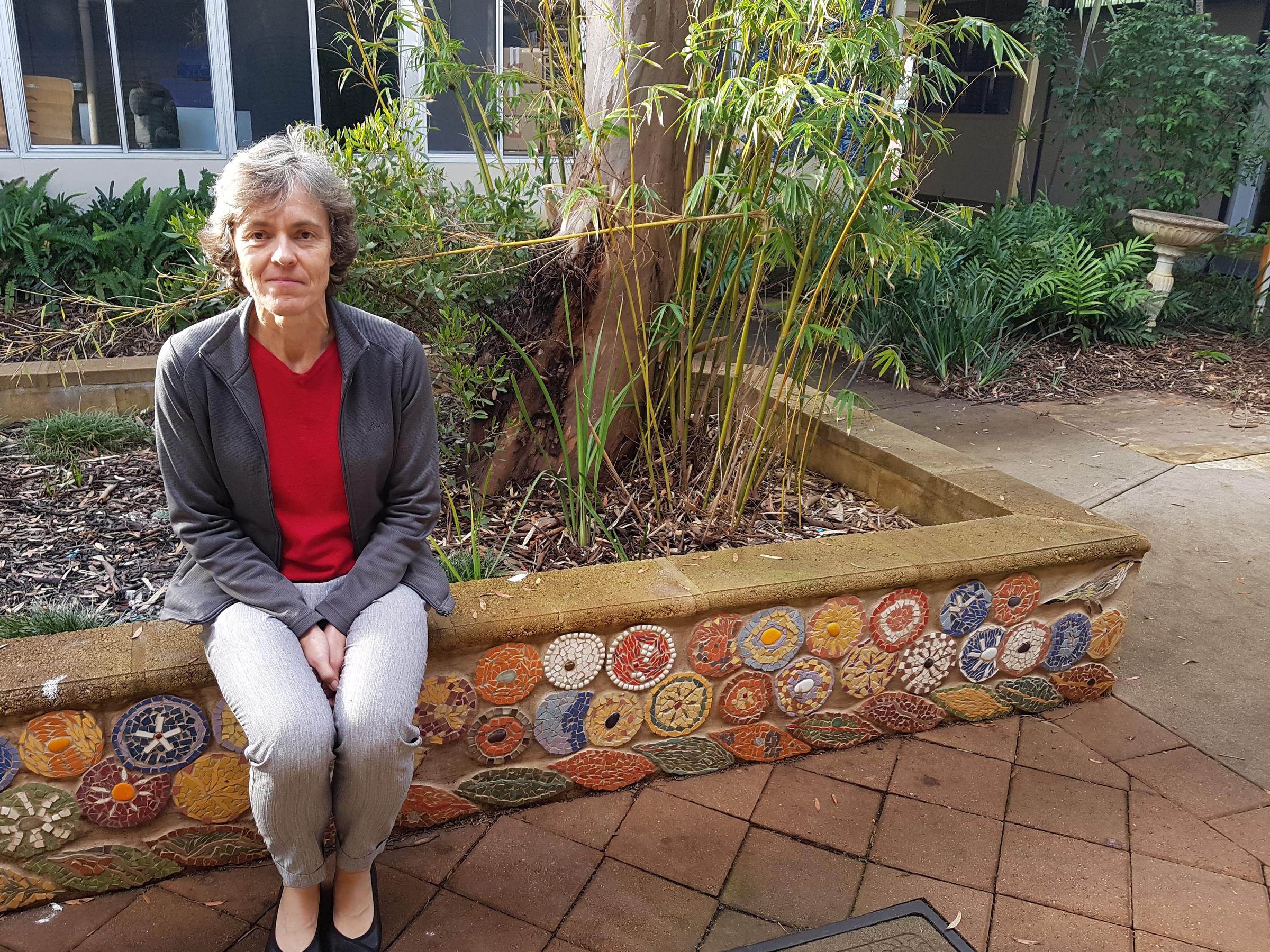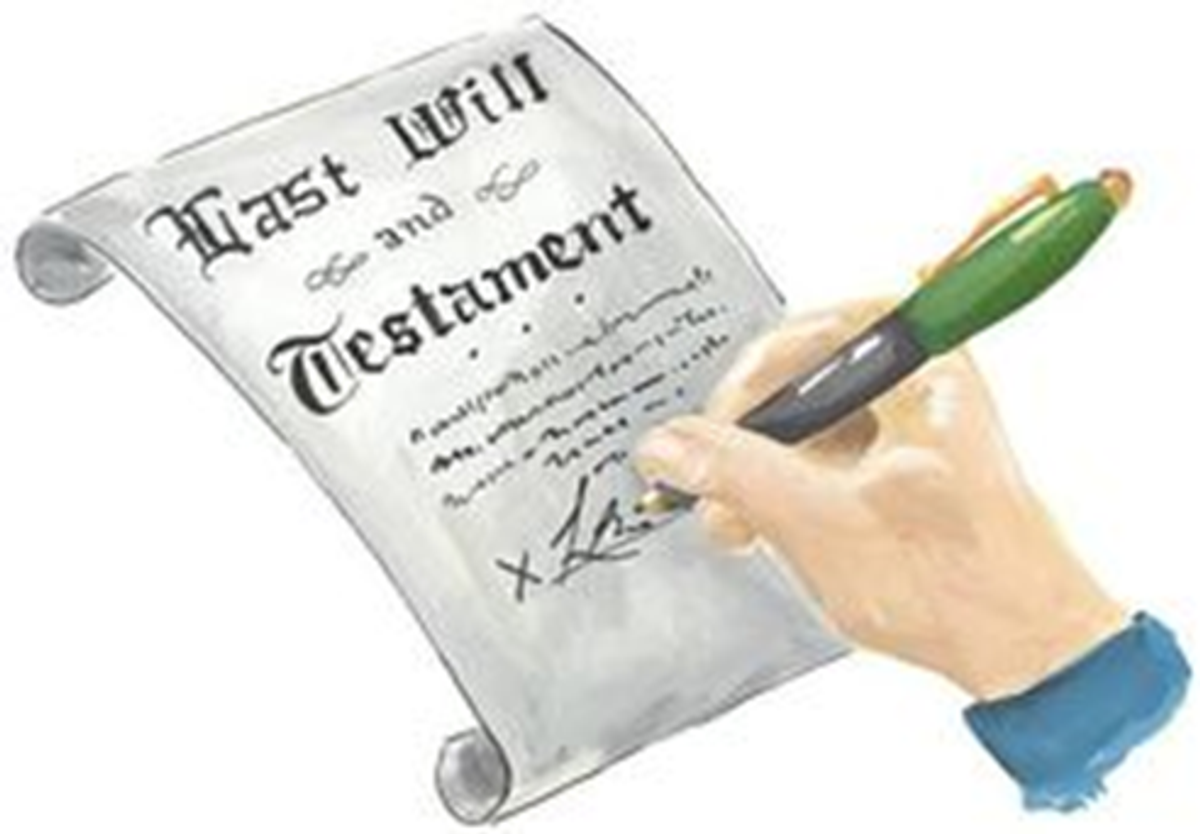Chaplain's Corner
Louise Lathbury

Chaplain's Corner
Louise Lathbury
SAFEGUARDING THE FUTURE.


I recently heard someone say “I’m not going to make a will until I am 50”. This stuck in my mind, partly because my siblings and I are still working through our Mum’s will with our Dad, and this year marks the 10th anniversary of her death. Last week, with the press coverage of the 20th anniversary of the Bali bombings, I was reminded about how precious life is, and that each day we have with our families and friends is truly a blessing. News of the tragedy reached me in Princess Margaret Hospital, as my youngest daughter (now 20) was awaiting surgery. A couple of years later, as a medical research scientist, I worked in the same laboratory as members of Dr Fiona Wood’s team, while they continued to work on their ‘spray on skin’ process.
My husband and I first made a will shortly after we married and bought our first home. At that stage, it seemed a bit unnecessary, but someone had said to us that as soon as you have something of value that you wish a specific person to have after your death, it is a good idea to have a simple will. Anyone who is mentally competent and over the age of 18 can make an estate plan. If you die without a valid Will (intestate), an application for a Grant of Letters of Administration will need to be made (by your next of kin- spouse, partner, or child) to the Supreme Court. Completing this application is extra stress for the grieving family.
Estate planning includes far more than just directions for the distribution of your assets after your death and any funeral plans. It usually includes an enduring power of attorney, which is a document that gives someone else the right to make financial and legal decisions for you (while you are mentally unable to do so). An estate plan may also include a power of guardianship, which gives someone the right to make decisions about where you live, and your medical care, should you be unable to do this yourself.
Once my husband and I became parents, we were comforted by the knowledge that, in our wills, we had already nominated relatives to act as guardians of our children, should our family be affected by a tragedy. If there are no specific written instructions in a will and both parents die, any person with sufficient interest (i.e. grandparents, aunties, or uncles) can apply for guardianship of your children. In such situations, the Family Court will nominate a legal guardian. Should one parent die, the surviving parent will usually be the legal guardian of the child unless this is not in the best interest of the child.
It is important to update your will as your life situation changes. Life events that may trigger the need for an update of your will include: getting married; becoming divorced or separated; having children or grandchildren, and having a significant financial change. In addition, an alteration to a will may be needed when you wish to change the nominated Executors of your estate or change the people you have nominated to have powers of attorney or guardianship.


It will help your family and your executors if you have a list of all the documents you have and where they're kept, including birth certificate, marriage certificate, life insurance, health insurance, mortgage details or house deeds, home and contents insurance, bank account details, superannuation papers, and investment documents (securities, share certificates, bonds).
If you think you might benefit from a Will, it is always best to get independent legal advice from a private lawyer.